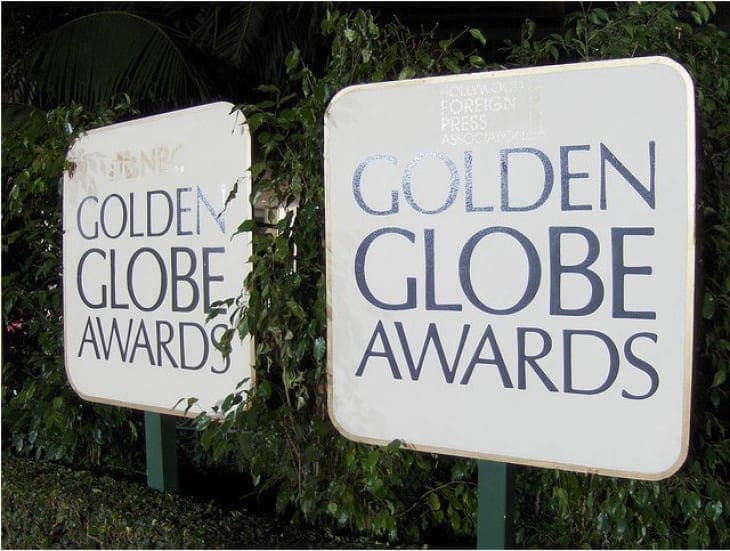Community - Los Angeles
Analysis: Why The Golden Globes Don’t Matter (And Why Hollywood Still Plays Along)

The Golden Globe have taken an outsized role in Hollywood’s awards season.
Within minutes after Sunday night’s Golden Globe ended, the studios behind the winners began crowing about their victories — via Instagram posts, Twitter updates, celebratory emails and, as might be imagined, airplane banners, smoke signals and semaphore flags.
Yet all of the fulsome boasting feels more than a little misplaced. It’s a bit like feeling elated by taking home the most improved junior varsity soccer award (like I did so many years ago), knowing in your heart what the trophy really means: you weren’t quite as awful as the season before.
Everyone in Hollywood who’s even remotely truthful knows that the Golden Globes and their presenters, the Hollywood Foreign Press Assn., are a joke — albeit a lucrative one for all involved. I know someone who won a Golden Globe last night, and he joked that he values his trophy so much that he’s going to send it to me.
Recent news reports, especially several investigative articles in the Los Angeles Times, reveal the depth of the unholy alliance between movie studios and the HFPA. That’s partly why you won’t find a tally of Golden Globe winners here — the media has been far too complicit in legitimizing the awards and the HFPA voters.
What’s wrong with this picture? For starters, the membership of the HFPA is not only small — fewer than 100 members — but also suspect. It’s unclear how someone qualifies to become a voter and how often they actually write stories about Hollywood. Anyone who’s been unlucky enough to attend an HFPA celebrity press conference knows it feels less like serious journalism and more like a gathering of hangers-on plucked from Nathanael West’s “The Day of the Locust.”
What’s more, Golden Globe voters are free to travel on luxurious junkets, which clearly influence their votes. Most recently, more than 30 HFPA voters reportedly snagged a free trip to France to meet the cast of the poorly reviewed Netflix series, “Emily in Paris,” and — voilà! — it collected two Golden Globe nominations.
It also turns out there are zero Black voters in the HFPA, which helps explain why Black actors and movies starring Black casts historically have been ignored.
The song “Once in a Lifetime” by Talking Heads asks: “You may ask yourself, ‘Well … how did I get here?'” For the Golden Globes, the answer is: you scratch my back, I’ll scratch yours.
The studios realized that HFPA voters, even if they were hardly the sharpest tools in the awards season shed, could be exploited in their Academy Award campaigns. Starting a couple of decades ago, the studios encouraged their stars to show up to the Golden Globes ceremony. As more celebrities walked the red carpet, the ceremony’s television audience grew exponentially.
The HFPA, in turn, banked more and more money from NBC for the show’s broadcast rights — more than $25 million last year, up from less than $5 million just five years ago. And even as the media publishes stories about how shady the Golden Globes are, it largely still covers the awards as if they matter. During Sunday’s show, The New York Times cranked out so many live Golden Globe updates, it felt like the ceremony rivaled the importance of a Presidential debate.
Although the HFPA pledged during the broadcast to diversify its membership, that won’t alter its inherent marginality. Yet the studios will be the very last to admit as much.
Our news is free on LAist. To make sure you get our coverage: Sign up for our daily newsletters. To support our non-profit public service journalism: Donate Now.
All copyrights for this article are reserved to LAist


